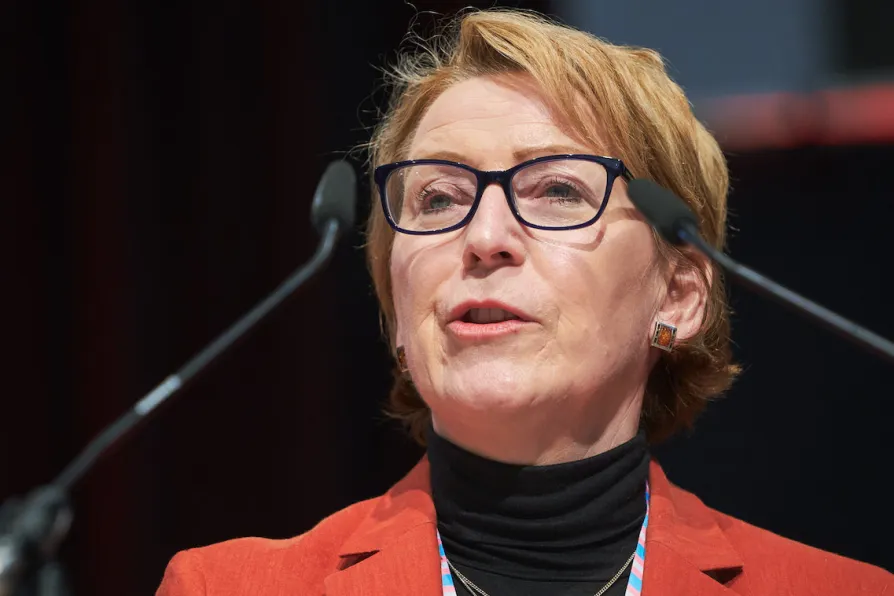From London’s holly-sellers to Engels’s flaming Christmas centrepiece, the plum pudding was more than festive fare in Victorian Britain, says KEITH FLETT

 STUC general council member Mary Alexander reported that Scottish public-sector workers had seen a real-terms loss of wages equivalent to a 15 per cent pay cut over the last decade
[Fraser Band]
STUC general council member Mary Alexander reported that Scottish public-sector workers had seen a real-terms loss of wages equivalent to a 15 per cent pay cut over the last decade
[Fraser Band]
PAY, pensions and the cost-of-living crisis took centre stage on the first day of the Scottish TUC.
Moving a composited motion on pay, STUC general council member Mary Alexander reported that Scottish public-sector workers had seen a real-terms loss of wages equivalent to a 15 per cent pay cut over the last decade.
The motion, which passed unanimously, called for “harmonisation” of campaigning activity by different unions on pay across the public sector and called for a national pay demonstration.

CWU leader DAVE WARD tells Ben Chacko a strategy to unite workers on class lines is needed – and sectoral collective bargaining must be at its heart

Ben Chacko talks to RMT leader EDDIE DEMPSEY about how the key to fixing broken Britain lies in collective sectoral bargaining, restoring unions’ ability to take solidarity strike action and bringing about the much-vaunted ‘wave of insourcing’

RMT leader Eddie Dempsey's stark warning shook up a fringe meeting at the Scottish TUC











